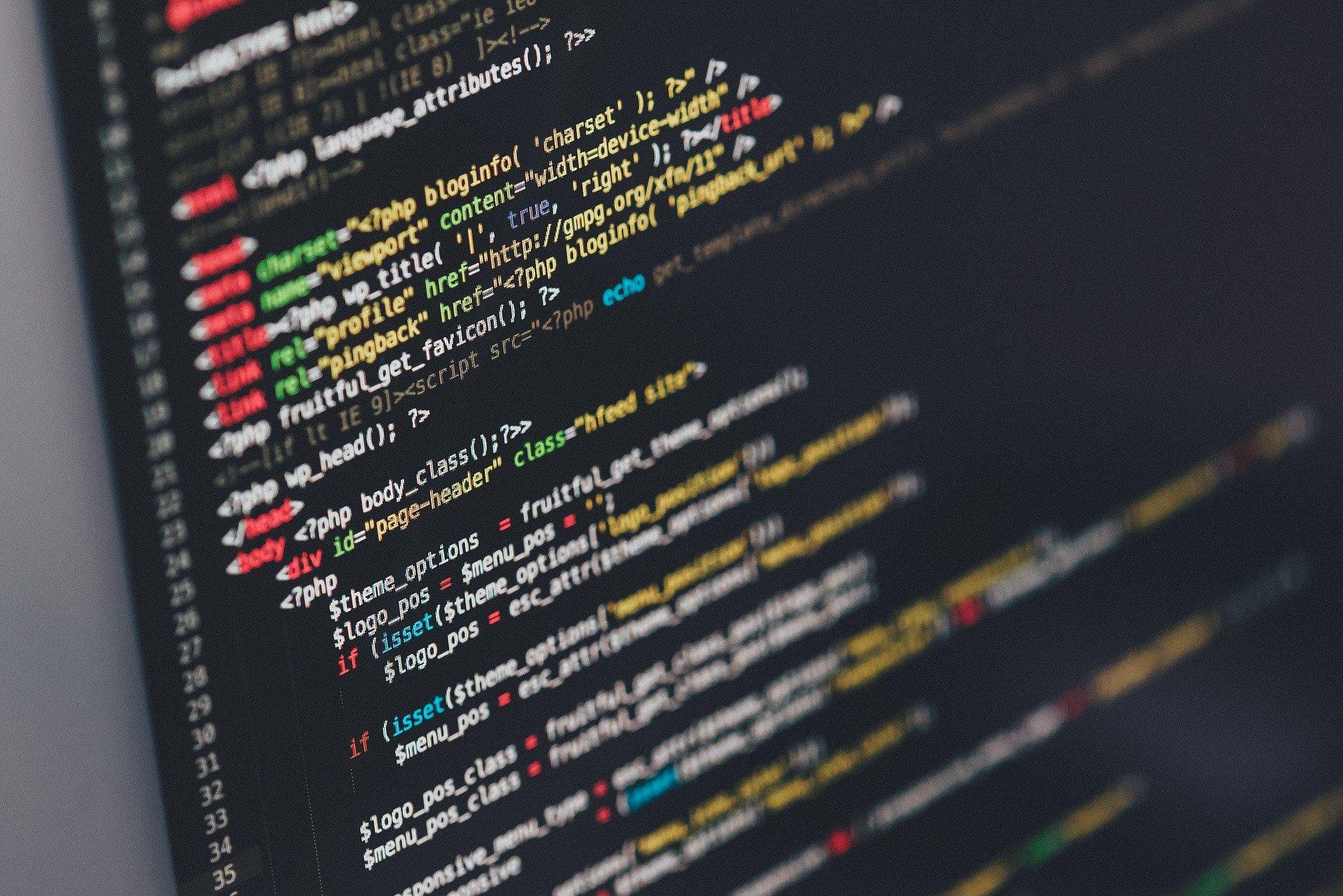What is Computer Programming?
Computer programming, often referred to simply as coding, is a fundamental skill that underpins the digital age we live in today. It is the art and science of instructing computers to perform specific tasks, and its importance is evident in nearly every facet of modern life. Whether you’re using a smartphone, browsing the web, or interacting with smart home devices, computer programming plays a pivotal role in shaping our technological landscape.
At its core, computer programming is about giving precise instructions to computers to solve problems or automate tasks. These instructions are written in programming languages, each with its own syntax and semantics. Programmers use these languages to create software applications, ranging from simple scripts to complex, multi-tiered systems.
One of the key reasons why computer programming is so vital today is its role in software development. Software is the driving force behind virtually every electronic device we encounter, from mobile apps that help us communicate and navigate to complex software systems that power industries such as finance, healthcare, and aerospace.
Moreover, programming has become an essential skill in a wide range of professions. In the fields of data science and artificial intelligence, for example, programming is the foundation upon which algorithms and machine learning models are built to analyse data and make predictions. In the sciences, researchers use custom-written code to analyse experimental data, simulate physical phenomena, and model complex systems.
Why Study Programming
In addition to its ubiquity, computer programming offers a plethora of benefits and advantages. Firstly, it empowers individuals and organisations to automate repetitive tasks, increasing productivity and efficiency. For instance, businesses use custom software to manage inventory, track sales, and process orders, streamlining their operations and reducing human error.
Secondly, programming enables innovation. Many of the technologies that have transformed the world, such as the internet, mobile apps, and social media platforms, are products of programming expertise. These innovations have not only changed the way we live but have also created new industries and opportunities for entrepreneurs and developers.
Furthermore, computer programming fosters problem-solving skills and logical thinking. Writing code requires breaking down complex problems into smaller, manageable steps and then implementing a logical sequence of instructions to solve them. This approach to problem-solving is not limited to computers; it can be applied to a wide range of real-world challenges.
Programming also encourages creativity and experimentation. Programmers have the freedom to create their own software solutions, from mobile games to web applications. This creative aspect of programming allows individuals to express themselves and bring their ideas to life in a digital form.
Another crucial aspect of computer programming is its role in education. Learning to program is not only about acquiring a valuable skill but also about developing computational thinking. Computational thinking involves breaking down problems, identifying patterns, and designing algorithms to solve them. These skills are transferable to various subjects and help students excel in fields beyond computer science.
Tips to Study Computer Programming
Despite its many advantages, computer programming is not without its challenges. Learning to program can be intimidating for beginners due to the abstract nature of coding and the need to understand complex concepts like algorithms and data structures.
To ensure success from the start, computer programmers in training are wise to consider suggestions from experienced ones in their field.
- 🎬 Put your knowledge into action immediately: You may read about a concept of coding in a textbook or hear your instructor talk about it; however, if you don’t quickly try it yourself on your computer, there’s a chance you may forget.
- 🙋♀️ Ask for help: If you’re following a coding course at a school, your instructor will be more than happy to answer your questions. Also, there are plenty of professional computer programming tutors on sites such as Superprof that address all concerns of coding students.
- 📈 Keep up with the times: To become a better programmer, it’s necessary to stay up-to-date with the latest information and consult learning resources. Watch YouTube videos and read informative blogs as study aids, and you’ll be golden!
In conclusion, computer programming is a foundational skill with far-reaching implications for our modern world. It powers the software that drives our devices, enhances productivity, and fuels innovation in every sector of society. Its benefits extend to problem-solving, creativity, and education, making it a valuable skill for individuals and organisations alike.
As our reliance on technology continues to grow, the importance of computer programming will only increase, making it an essential skill for the future. Whether you’re interested in a career in technology or simply want to enhance your problem-solving abilities, learning to program is a valuable investment in your future.






